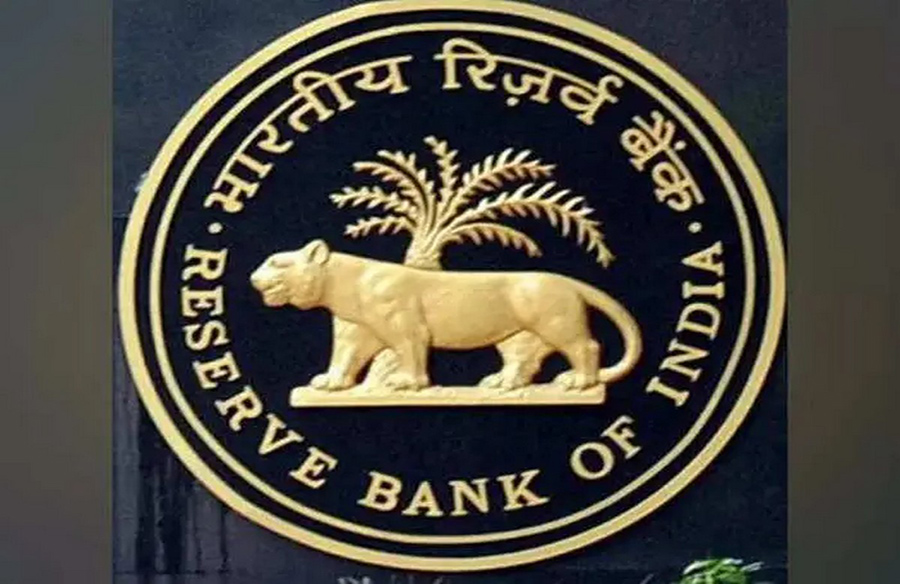The Reserve Bank of India (RBI) has issued a circular directing card issuers to offer their eligible customers the option to select from multiple card networks during card issuance or renewal. Additionally, the central bank has banned card issuers from entering into agreements that restrict them from availing services from other card networks.
Addressing Concerns
The directive comes in response to concerns raised regarding restrictive practices prevalent in the credit card industry. The RBI identified agreements between card issuers and networks that limit customer choice as detrimental to market availability.
Promoting Consumer Choice
By mandating the provision of multiple card network options, the RBI aims to empower consumers with greater flexibility and control over their financial products. This step promotes fair competition and prevents anti-competitive practices within the industry.
Key Highlights
- Card issuers must offer eligible customers the choice of selecting from multiple card networks during card issuance or renewal.
- Prohibition of agreements between card issuers and networks that restrict them from availing services from other networks.
- Defined authorized card networks include American Express Banking Corp., Diners Club International Ltd., MasterCard Asia/Pacific Pte. Ltd., National Payments Corporation of India-Rupay, and Visa Worldwide Pte. Limited.
- Exemptions are provided for credit card issuers with a smaller customer base of 10 lakh or fewer active cards.
- Implementation timeline is set at six months from the circular’s issuance, allowing sufficient time for compliance.
Upholding Consumer Interests
This directive underscores the RBI’s commitment to transparency, choice, and competition in the credit card market. It reinforces the RBI’s role as a proactive regulator dedicated to safeguarding consumer interests and fostering a competitive and resilient financial system.


